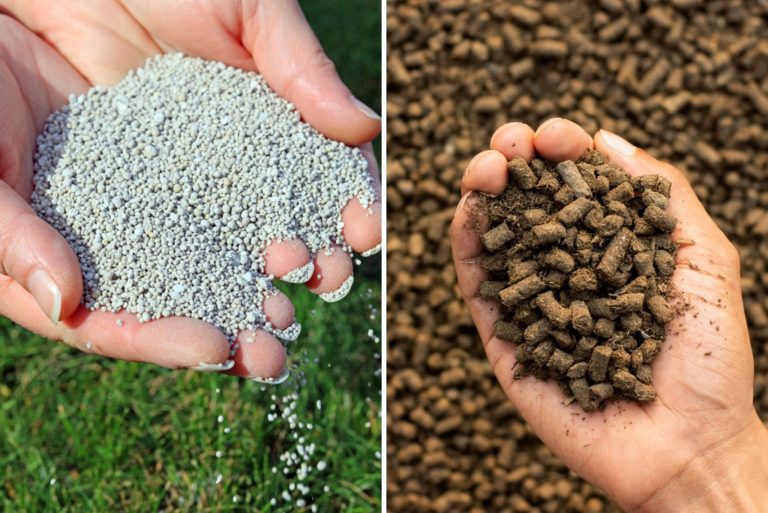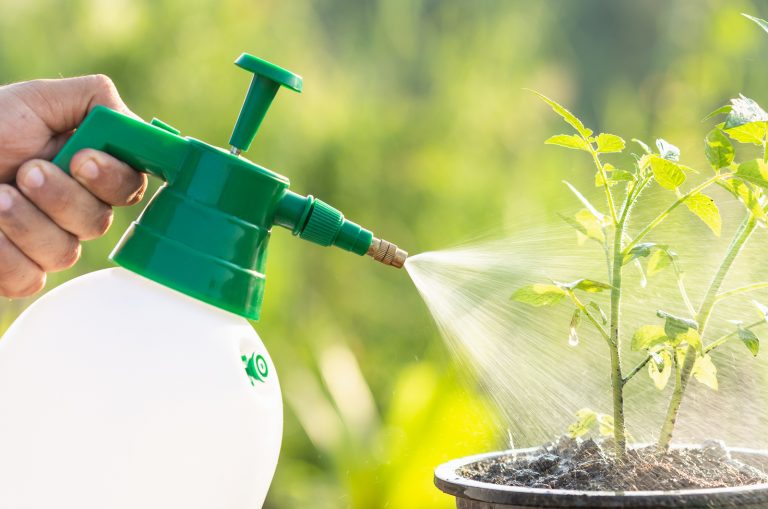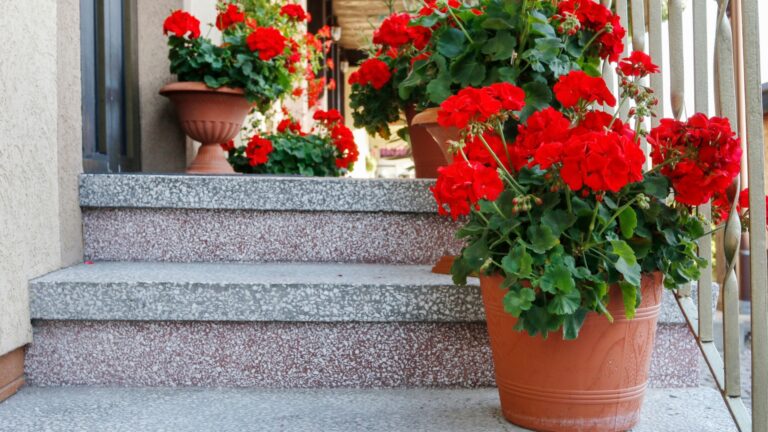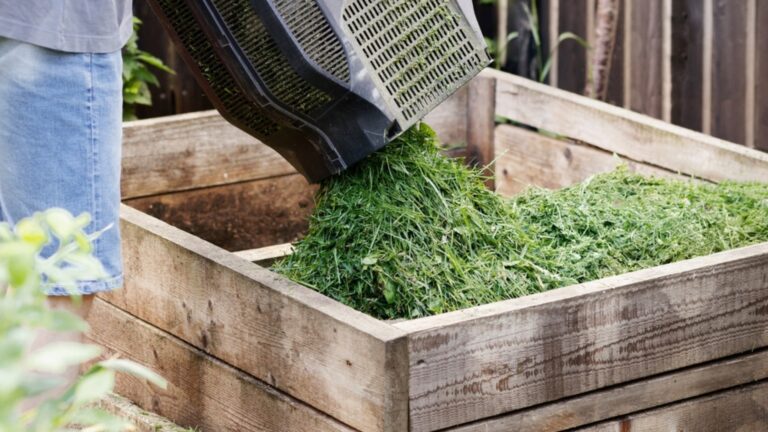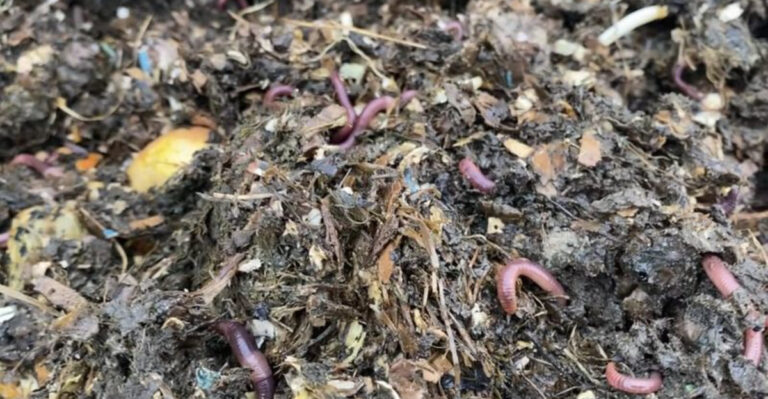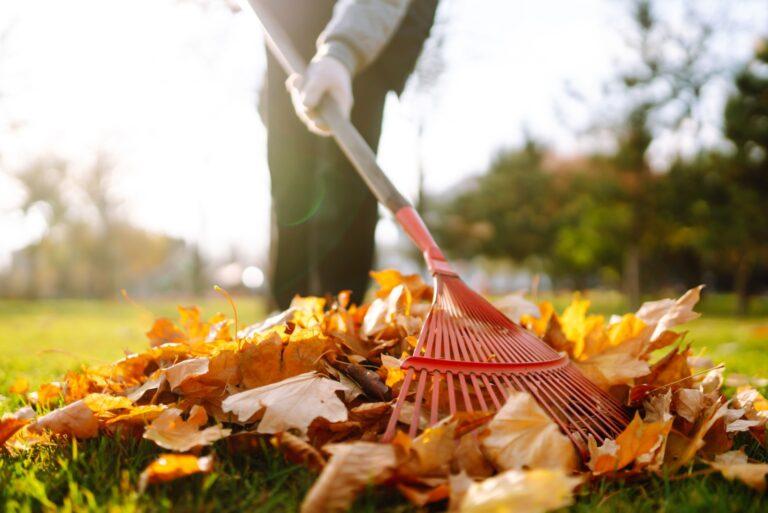22 Best Natural Ways To Boost Your Garden’s Soil Health (And A Few Things To Avoid)
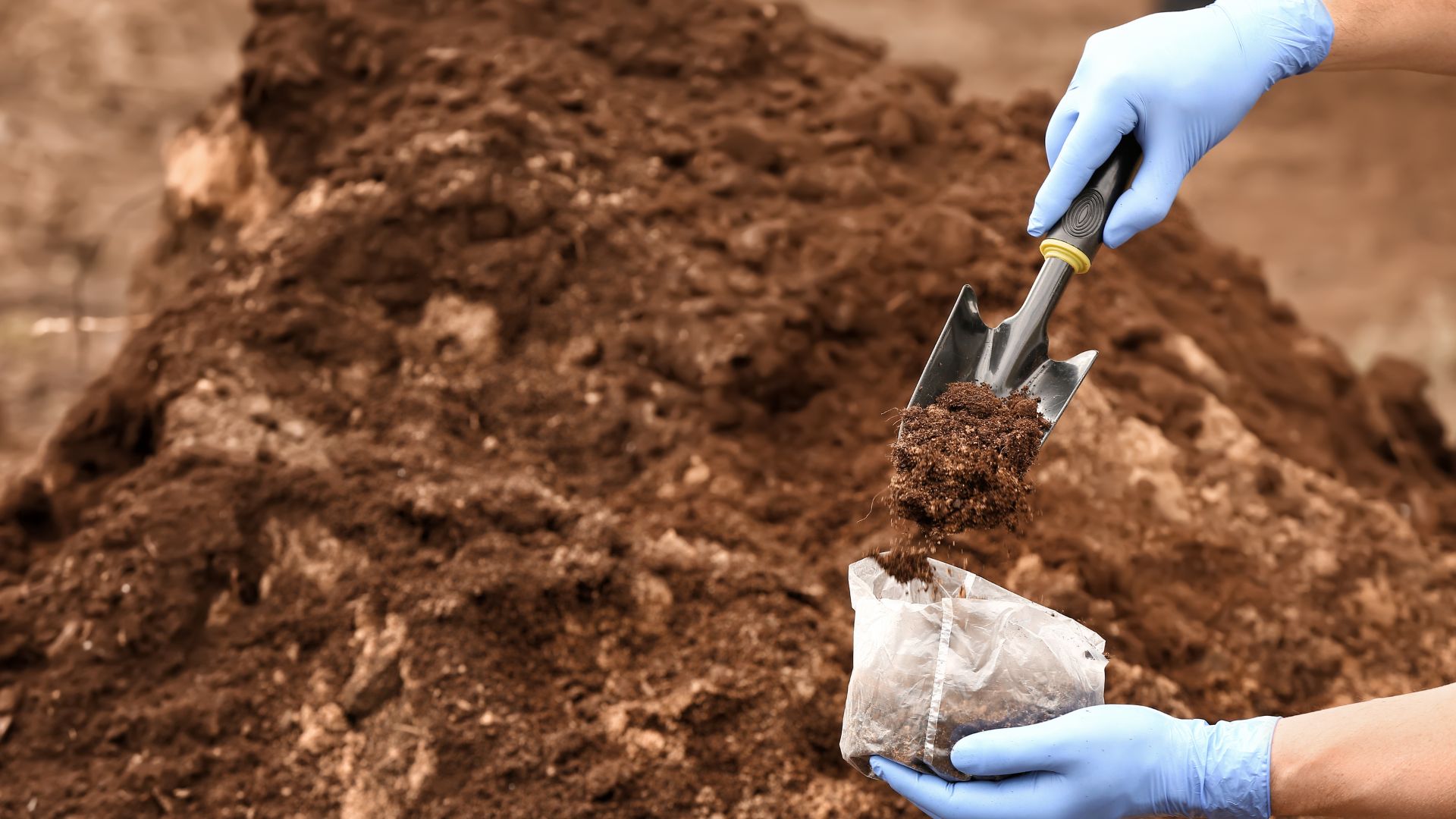
Ready to give your garden the VIP treatment? Improving soil health is like sending your plants on a luxury vacation. They’ll thrive, and you’ll be bragging about it to your neighbors!
I’ve tried everything from compost piles to worm tea (yep, that’s a thing), and trust me, the results will blow your mind.
It’s all about finding that sweet balance, like a plant party with the perfect playlist. With these tips, your garden will go from meh to wow in no time.
1. Add Organic Compost Regularly
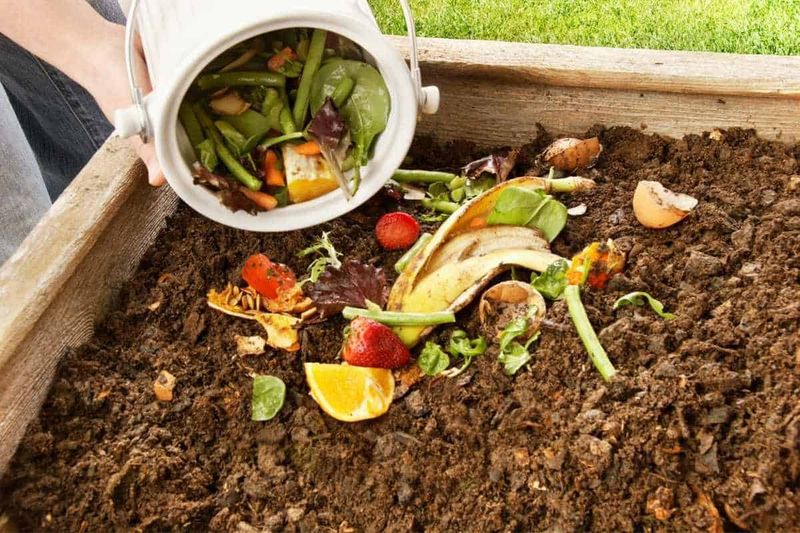
Soil loves a good snack, especially when it’s organic compost. I find that adding compost is like giving your garden a nutrient-packed meal.
It’s astonishing how this simple addition can improve soil texture and fertility. Compost is easy to make from kitchen scraps and yard waste, adding life back to your garden.
Break it down and spread it around, and watch the earth beneath your feet come alive. Keeping it organic ensures your plants are getting the best care possible.
2. Use Mulch To Retain Moisture And Suppress Weeds
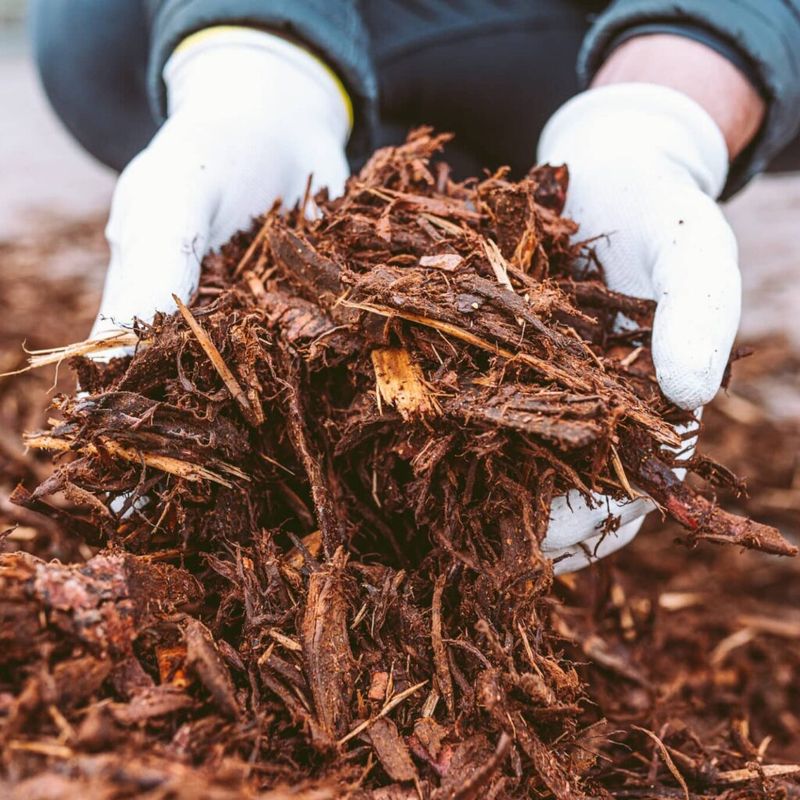
Mulch is your garden’s fancy outfit, keeping everything looking tidy. Laying down mulch helps retain moisture, ensuring your plants stay hydrated.
It also acts as a barrier, keeping pesky weeds at bay. Mulch can be made from straw, wood chips, or even leaves, adding a cool layer of protection.
It’s like putting a cozy blanket over your garden beds. There’s nothing quite like seeing a weed-free garden, and mulch is your first line of defense. Keep those weeds away!
3. Plant Cover Crops Like Clover Or Rye
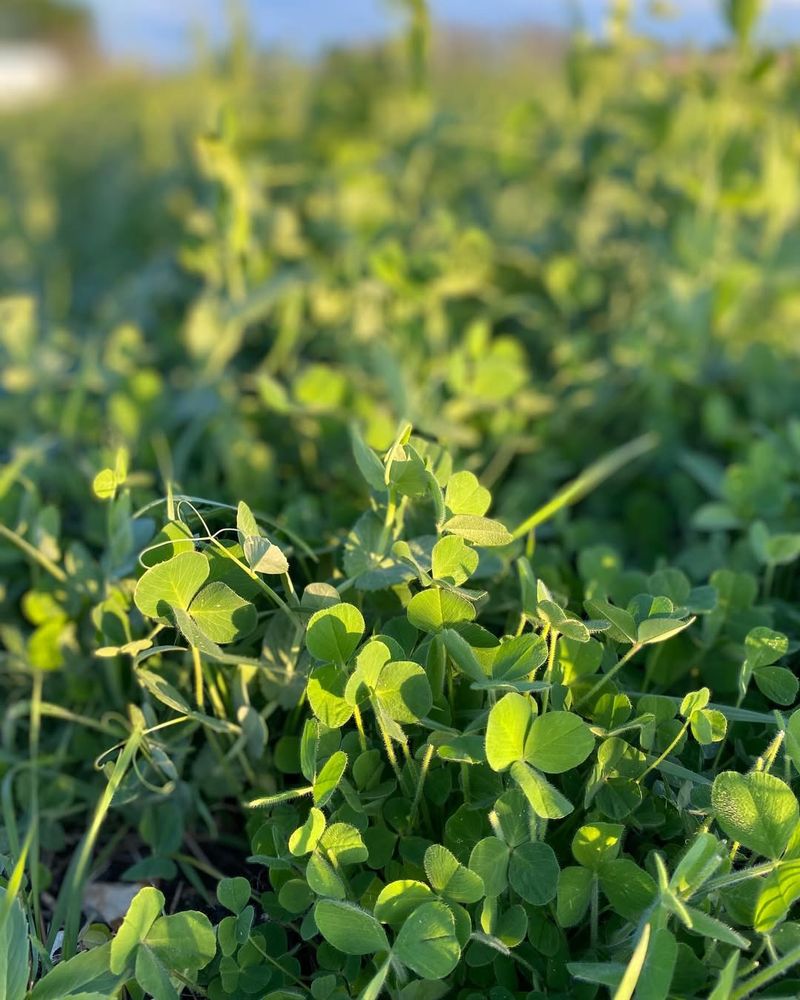
Cover crops are the garden’s secret weapon for soil health. They work quietly, improving soil structure and adding nutrients. I’ve found that clover and rye are great for fixing nitrogen in the soil.
Planting these cover crops during the off-season keeps the soil from eroding and compacts the ground less.
Plus, they add organic matter back into the soil when tilled. These crops are like the unsung heroes of the garden, working behind the scenes to boost soil health.
4. Incorporate Earthworms To Improve Soil Aeration
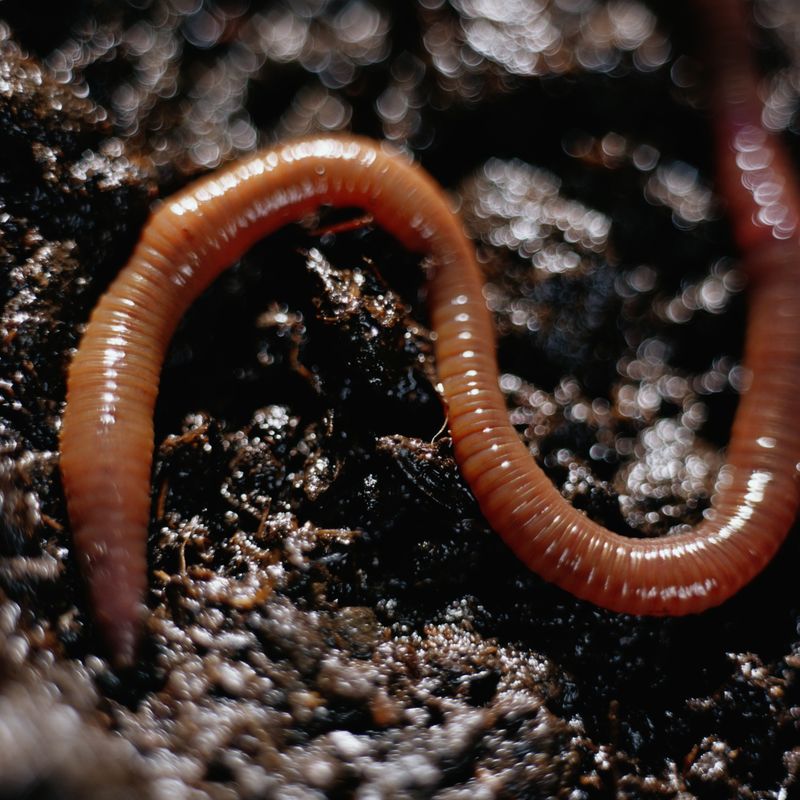
Earthworms are the garden’s natural tillers. These little guys are cool at improving soil structure and drainage.
I love watching them wiggle through the soil, creating tunnels that aerate the ground. Adding earthworms can make your garden’s soil more fertile and robust.
The tunnels they make allow air and water to penetrate deeply, benefiting plant roots. It’s like having a team of tiny gardeners working tirelessly for your plants.
5. Use Manure As A Natural Fertilizer
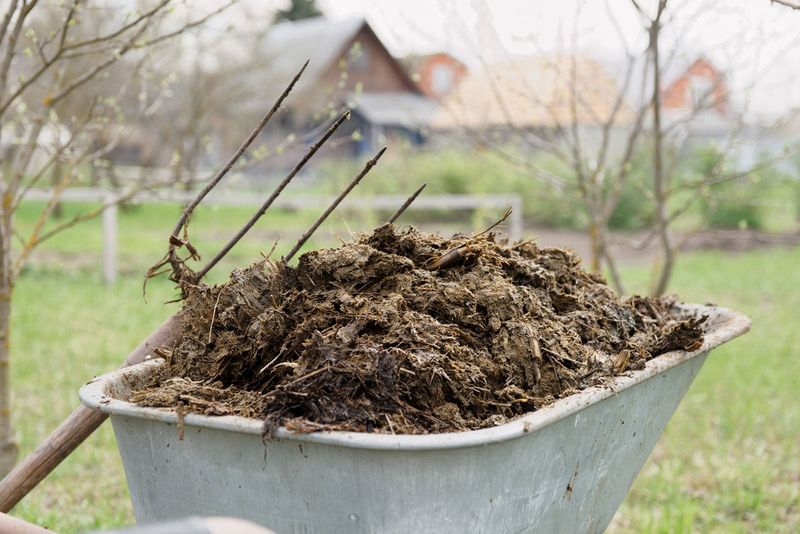
Manure has been used for centuries to enrich soil, and for good reason! It’s a natural powerhouse of nutrients. Applying well-aged manure to your garden is like feeding it a super smoothie.
It’s packed with nitrogen, phosphorus, and potassium, essential for plant health. But be cautious, as fresh manure can be too strong and burn plants.
I always let it compost before using. So, scoop it up and spread the goodness, and watch your garden grow with gusto.
6. Practice Crop Rotation To Prevent Soil Depletion
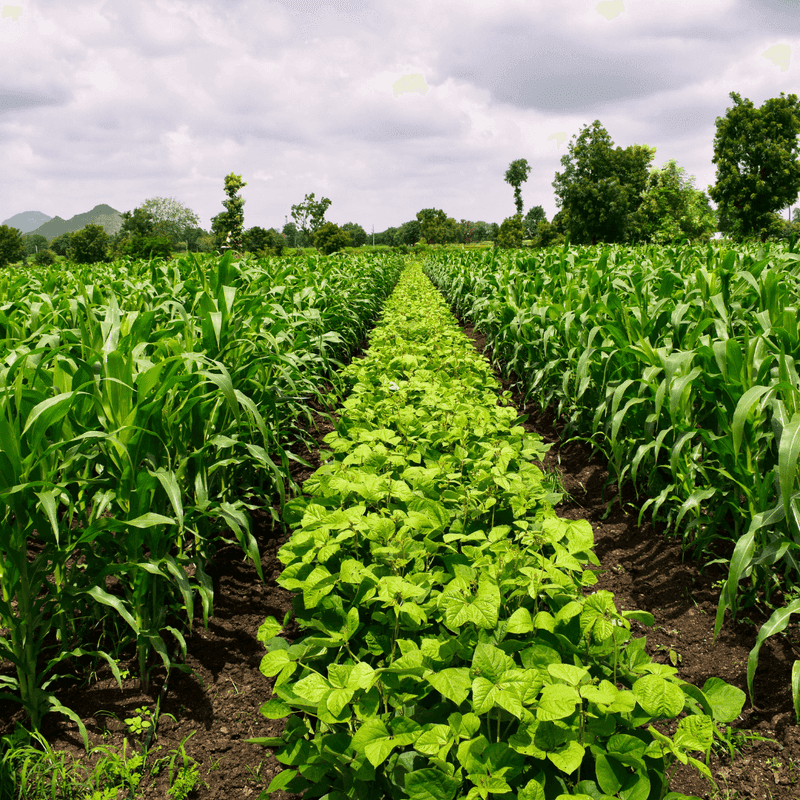
Crop rotation is the garden’s version of musical chairs, and it’s an amazing practice. By changing where you plant specific crops, you prevent soil depletion.
Each plant type requires different nutrients, so rotating them keeps the soil balanced. This practice also helps in reducing pests and diseases.
It’s a simple yet effective way to keep your garden’s soil healthy and productive. Think of it as mixing up your garden’s diet, ensuring it gets everything it needs to stay strong.
7. Apply Bone Meal For Calcium And Phosphorus
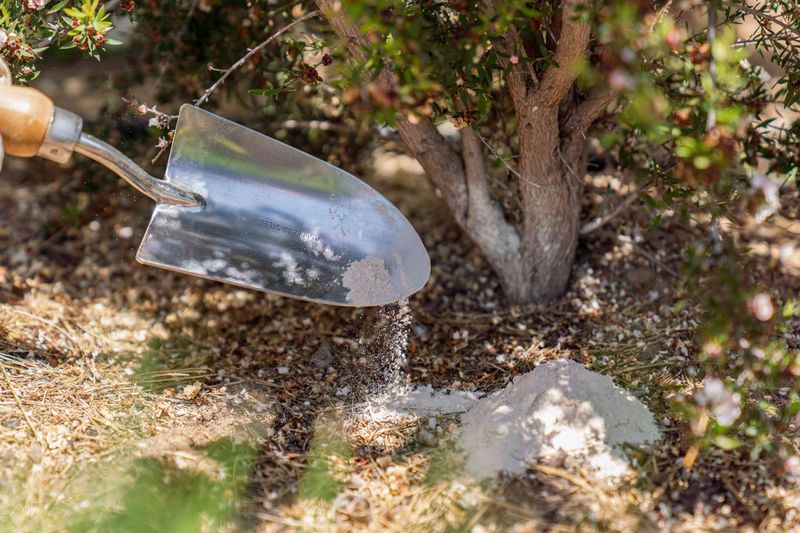
Bone meal is your garden’s secret calcium boost. This fine powder is an excellent source of phosphorus and calcium. Just sprinkle it around your plants, and you’ll see the difference.
Bone meal helps strengthen plant roots and promotes flowering, turning your garden into a spectacular showcase. Be sure to use it sparingly, as a little goes a long way.
And remember, your garden will thank you with blooms and strong stems. Bone meal is the garden’s little secret to success.
8. Use Fish Emulsion As A Nutrient-rich Fertilizer
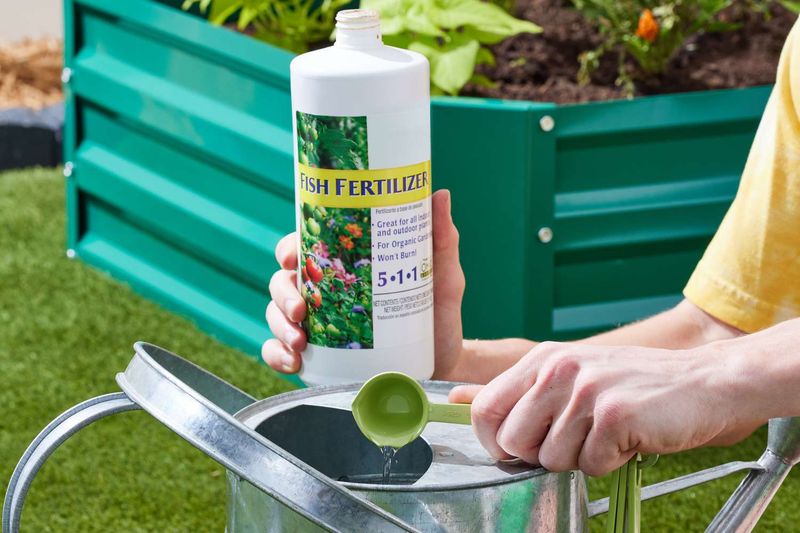
Fish emulsion is like a nutrient-rich smoothie for your plants. This liquid fertilizer is made from fish waste and provides a quick nitrogen boost.
I’ve seen it work wonders, giving plants a noticeable growth spurt. It’s easily absorbed by the soil and doesn’t burn plants. Plus, it’s organic and eco-friendly.
The smell might not be pleasant, but the results are worth it. Think of it as a garden’s secret weapon for rapid growth. Just watch your plants perk up!
9. Introduce Beneficial Fungi Like Mycorrhizae
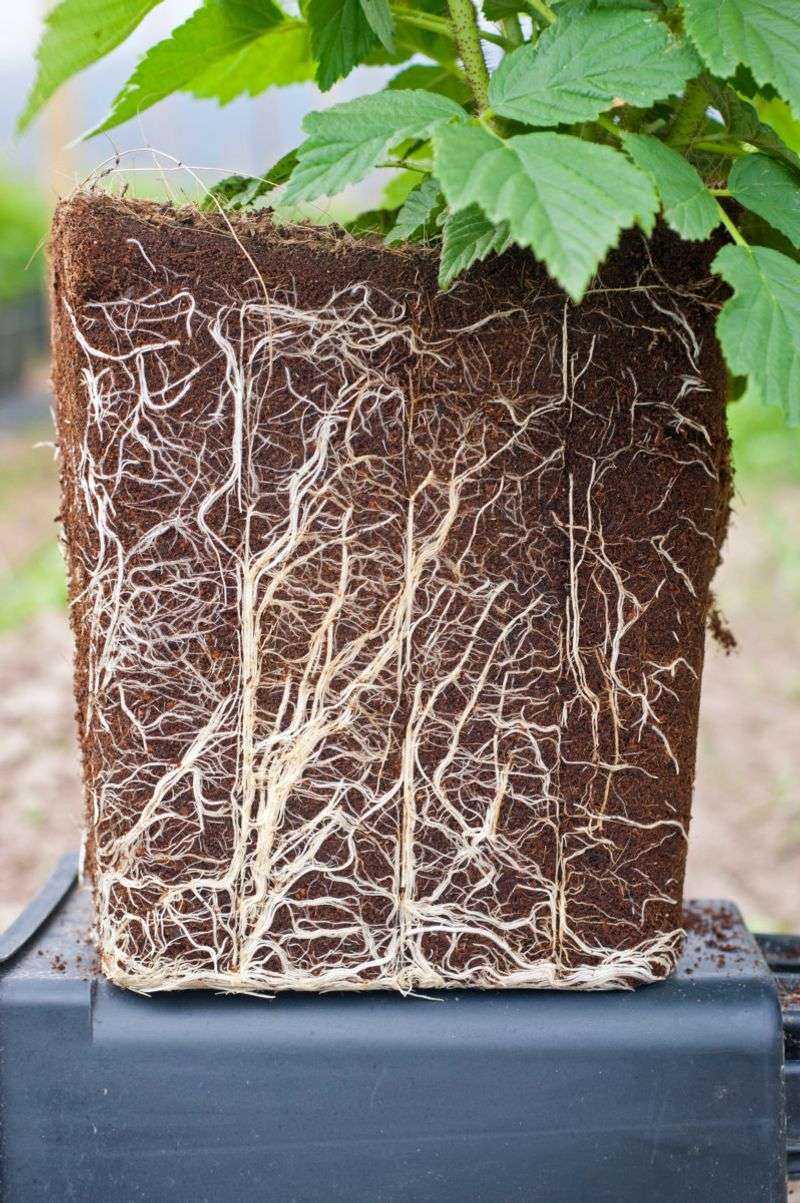
Mycorrhizae are like your garden’s silent partners. These beneficial fungi form symbiotic relationships with plant roots, helping them absorb nutrients more efficiently.
It’s an astonishing process! By adding mycorrhizae to your soil, you’re giving your plants an edge in nutrient uptake. They also help protect against diseases and drought.
It’s like having an underground support system, working tirelessly for your plants. Embrace the fungi, and watch your garden thrive with their hidden help. Nature’s partnership at its best!
10. Add Seaweed Or Kelp For Trace Minerals
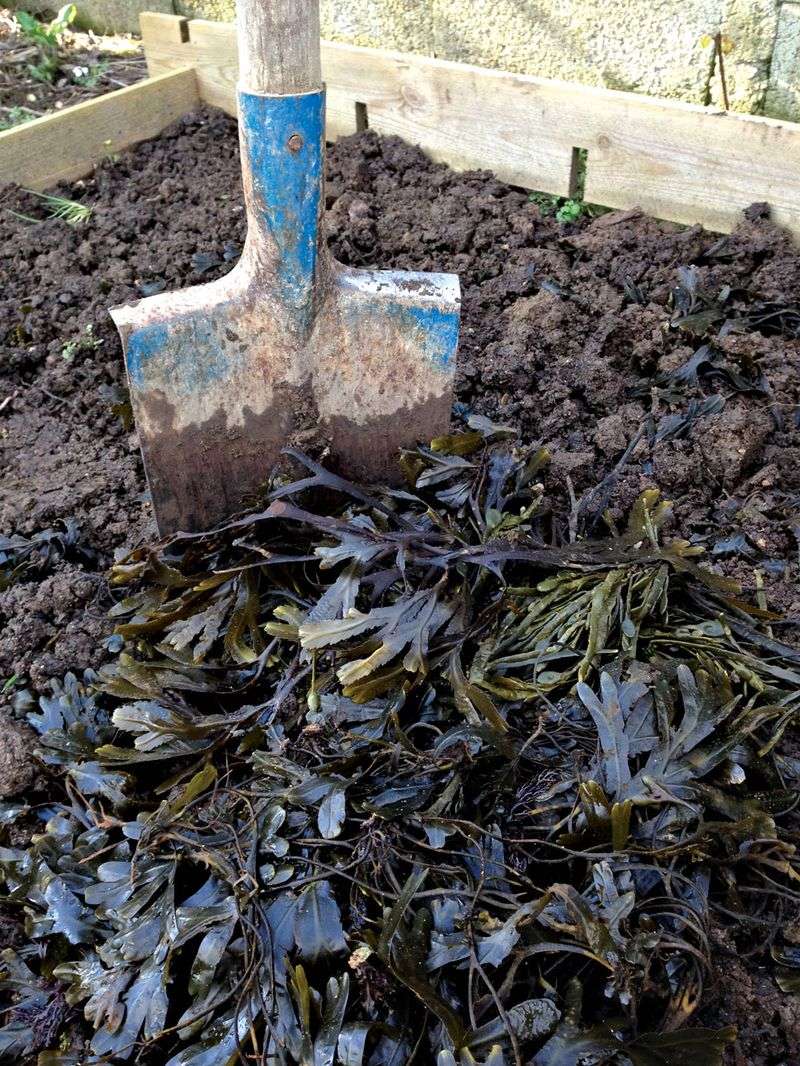
Seaweed and kelp are the ocean’s gifts to your garden. These sea plants are rich in trace minerals, providing a nutrient boost.
I like to add them as a soil amendment, enriching the ground with essential elements. They also help improve soil structure and moisture retention.
Incorporating seaweed or kelp is like giving your garden a spa day, refreshing and revitalizing the soil. So, head to the shore, gather some seaweed, and let your garden soak in the benefits.
11. Incorporate Crushed Eggshells For Calcium
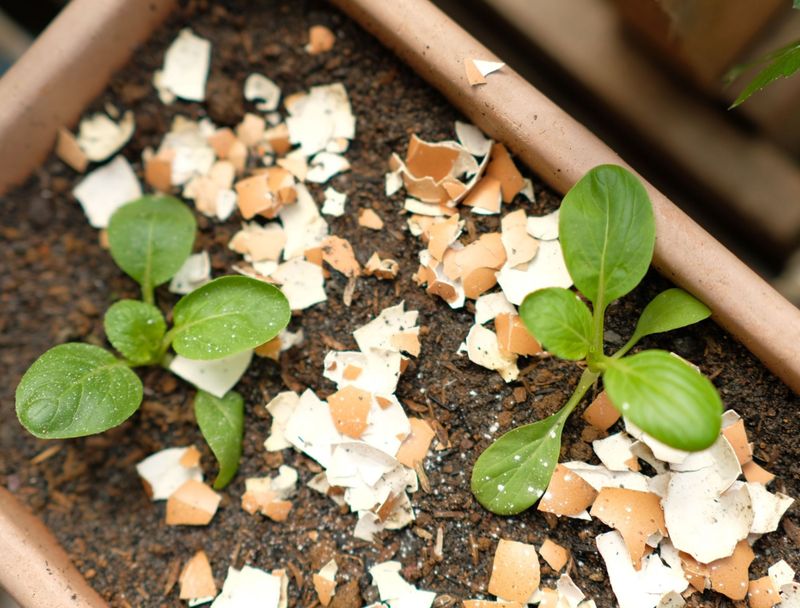
Eggshells are a cool, sustainable way to add calcium to your garden. Just crush them into a fine powder and sprinkle them around your plants.
It’s astonishing how these kitchen leftovers can improve soil structure and prevent blossom end rot. Eggshells break down slowly, releasing calcium over time.
It’s like a slow-release vitamin for your garden. Plus, it’s an eco-friendly way to recycle kitchen waste. So, save those shells and give your garden a calcium boost the natural way.
12. Use Natural Rock Minerals Like Granite Dust
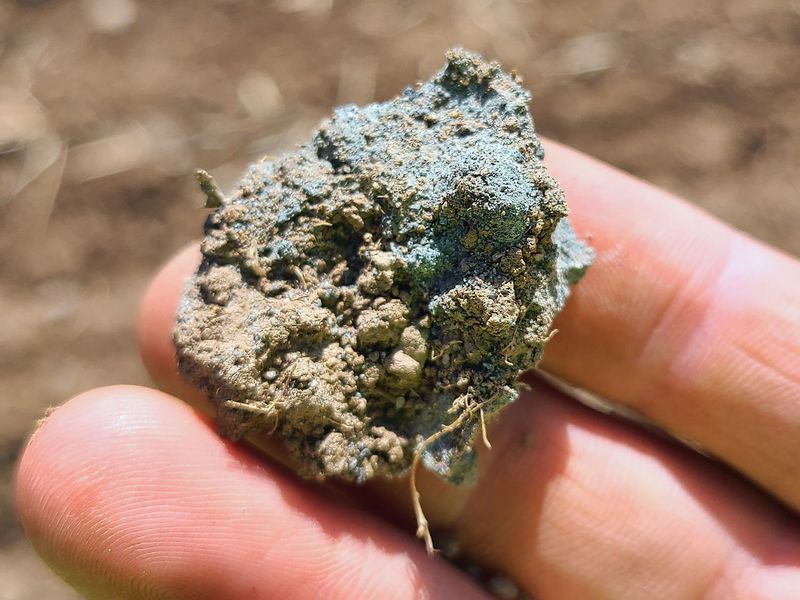
Granite dust is an unexpected yet effective soil amendment. It’s rich in essential minerals and helps improve soil structure. Just sprinkle it over your garden, and let nature do the rest.
It’s amazing how these tiny particles can enhance your soil’s health. Granite dust releases minerals slowly, providing a long-term nutrient supply.
It’s like a mineral buffet for your plants, keeping them strong and healthy. So, get your hands on some granite dust and give your garden a cool mineral boost.
13. Introduce Nitrogen-fixing Plants Like Legumes
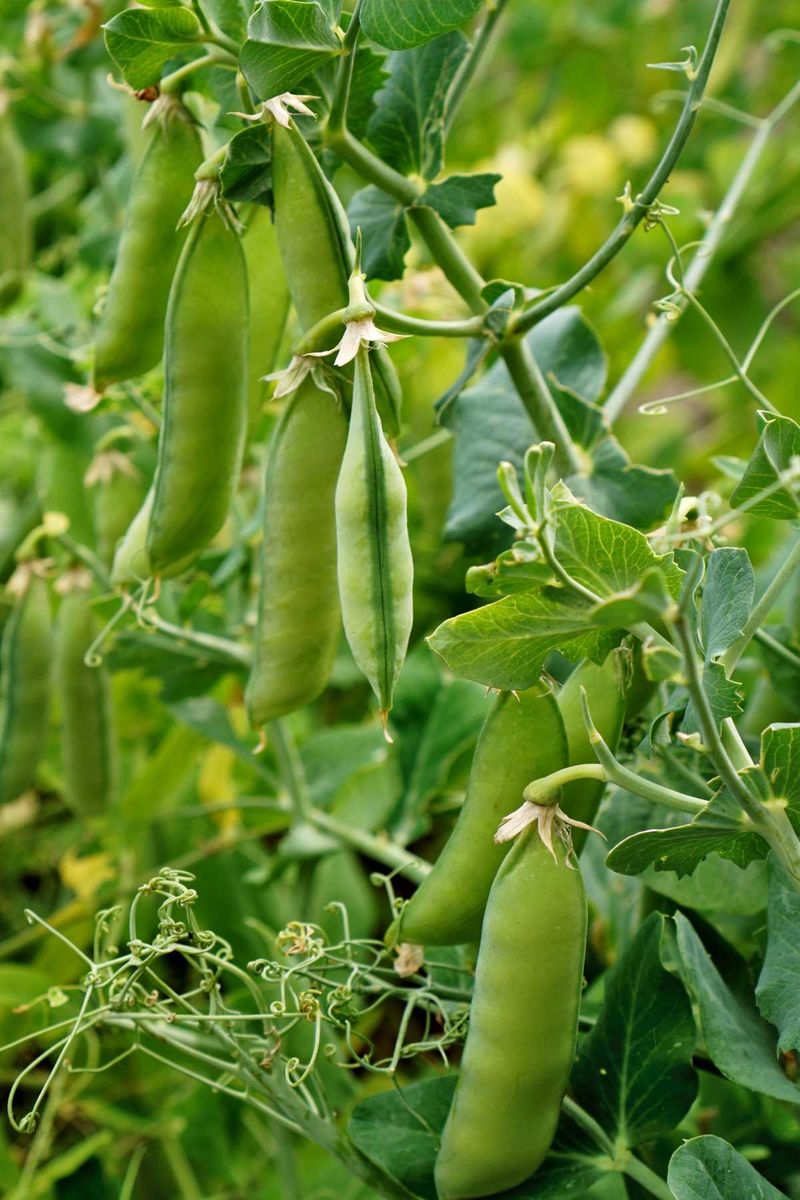
Legumes are nature’s little nitrogen factories. Plants like peas and beans can fix nitrogen in the soil, enriching it naturally.
It’s a fascinating process where they partner with bacteria to convert nitrogen from the air into a form plants can use. By planting legumes, you’re providing your soil with a natural nitrogen source.
It’s like having a built-in fertilizer system in your garden. Plus, legumes are easy to grow and offer tasty rewards. So, plant some legumes and let them work their magic.
14. Use Biochar To Improve Soil Structure
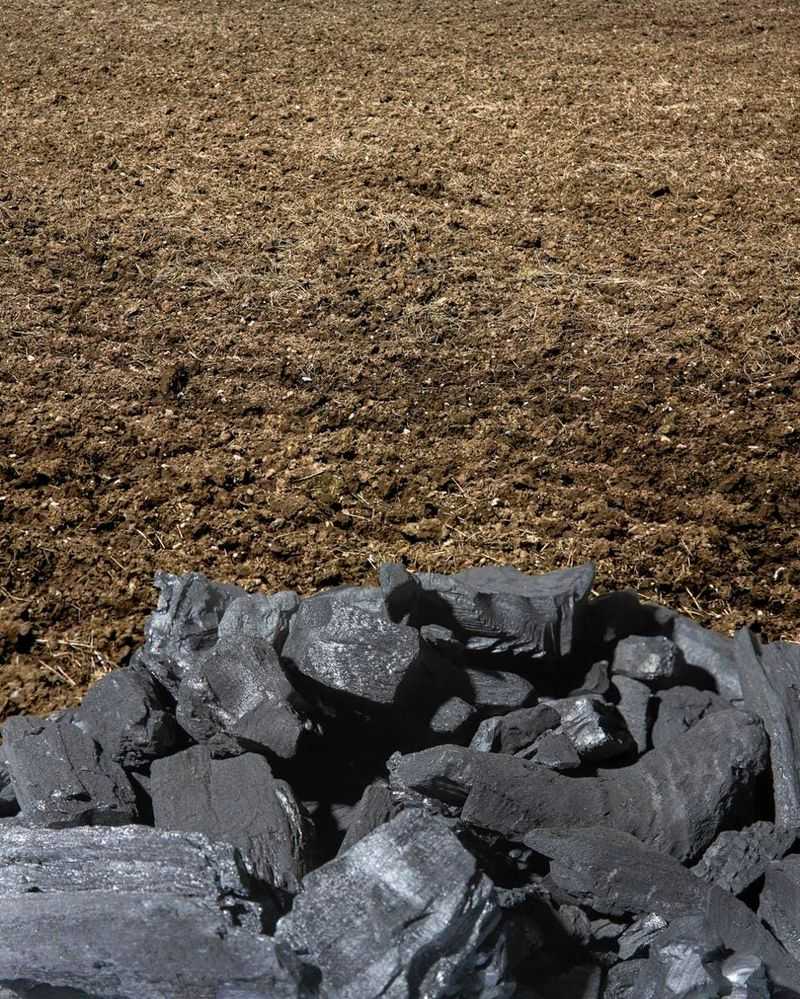
Biochar is the garden’s charred secret for better soil. This carbon-rich material is created by burning organic matter in a low-oxygen environment.
Incorporating biochar into your soil improves water retention and increases nutrient availability. It’s like giving your soil a boost in its overall health.
Biochar also helps reduce greenhouse gases by storing carbon in the ground. It’s a win-win for your garden and the environment. So, add some biochar to your soil, and see the difference it makes.
15. Practice No-till Farming To Protect Soil Organisms
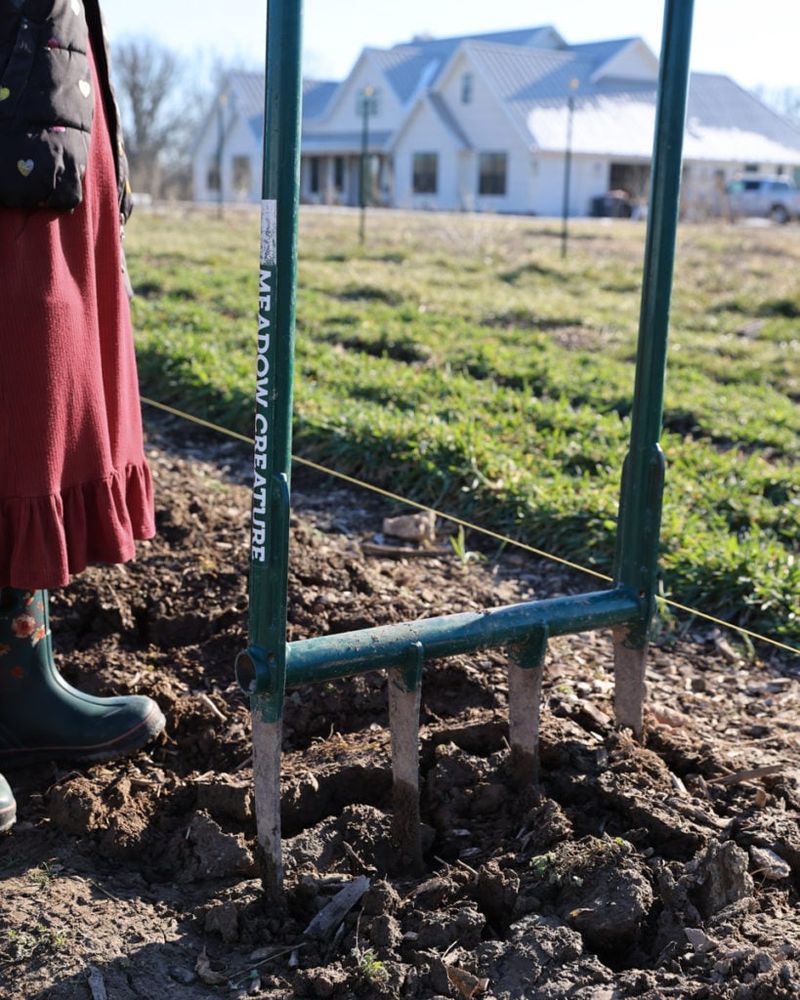
No-till farming is all about letting nature do its thing. By avoiding tilling, you protect the soil’s structure and the organisms living in it.
It’s like giving your garden a peaceful retreat, where everything works in harmony. No-till farming helps reduce erosion and compaction, keeping the soil healthy and productive.
Plus, it saves you time and energy. So, give your garden a break, and practice no-till farming. Your soil will thank you with better fertility and healthier plants.
16. Aerate The Soil With A Garden Fork Or Aerator
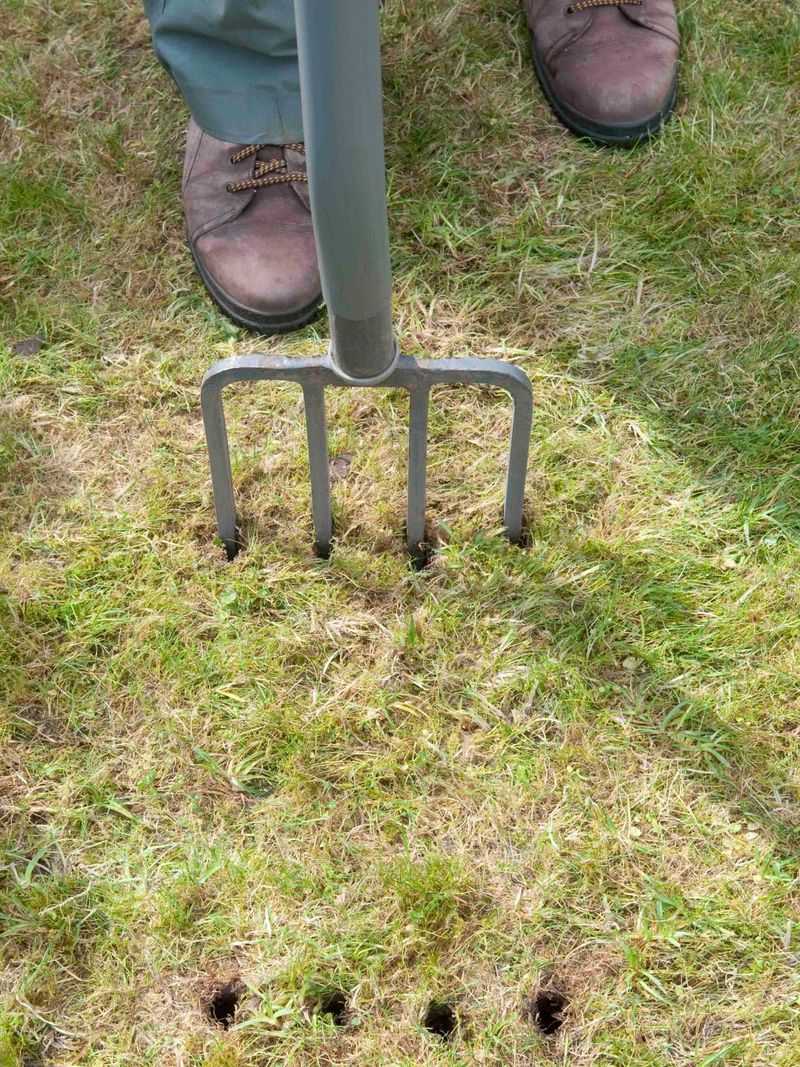
Aerating your soil is like giving it a breath of fresh air. Compact soil can suffocate plant roots, but a good aeration session can fix that.
Use a garden fork or aerator to create small holes, allowing air, water, and nutrients to reach the roots. It’s an easy task with astonishing results.
Regular aeration improves soil structure, promotes healthy root growth, and enhances water drainage. So, grab your tools, and let your soil breathe easy.
17. Apply Green Manure To Enrich The Soil
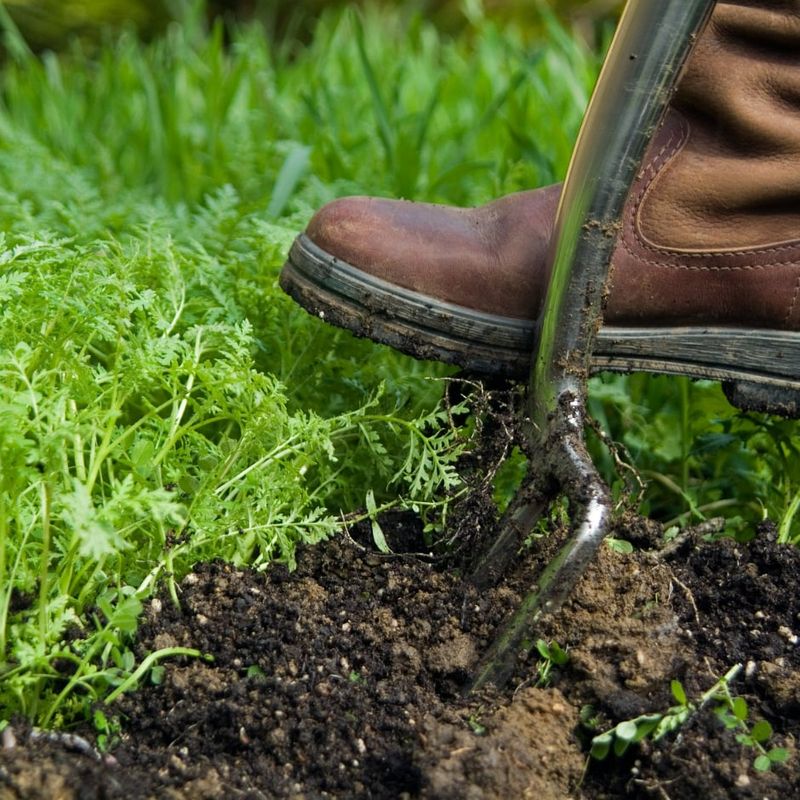
Green manure is like planting a treasure trove of nutrients. By growing specific crops and then incorporating them into the soil, you’re boosting its fertility.
It’s a natural and eco-friendly way to improve soil health. These plants, often legumes or cereals, fix nitrogen and add organic matter.
It’s like giving your garden a green gift, enhancing its structure and nutrient content. So, sow some green manure, let it flourish, and then turn it under for a nutrient-rich soil boost.
18. Create A Compost Tea For Liquid Fertilizer
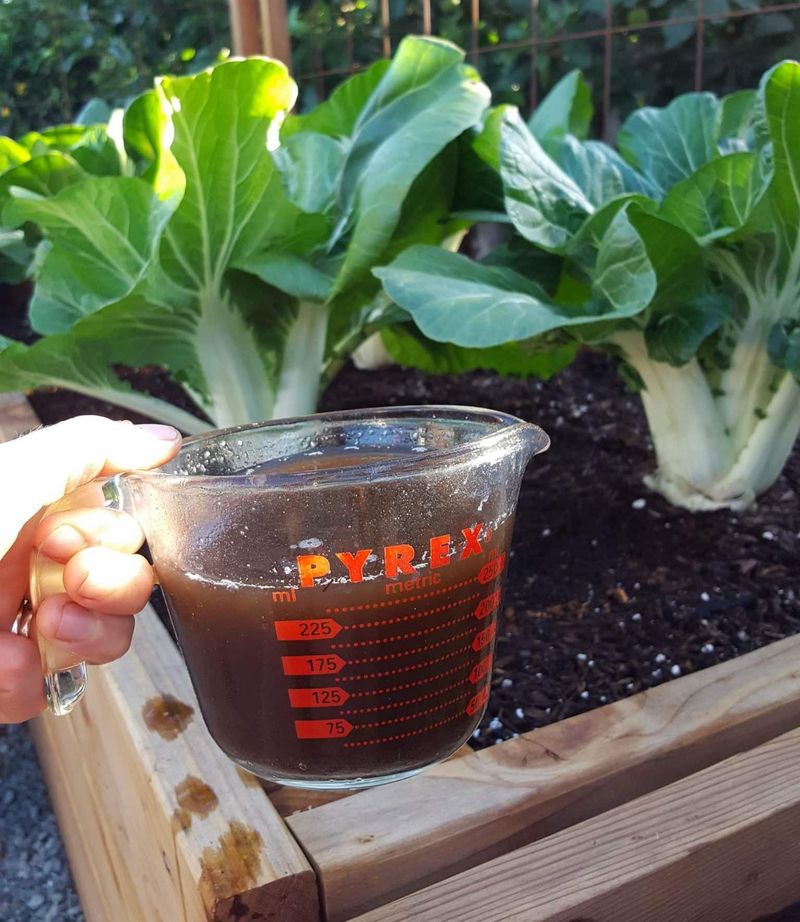
Compost tea is your garden’s energy drink. This liquid fertilizer is made by steeping compost in water, extracting all the good stuff. I love how easy it is to make and use.
Apply it to your plants as a foliar spray or soil drench for an astonishing nutrient boost. Compost tea improves plant health and encourages microbial activity in the soil.
It’s like a magic potion for your garden, promoting vigorous growth and resilience. Brew some up and watch your garden flourish.
19. Mulch With Straw Or Grass Clippings
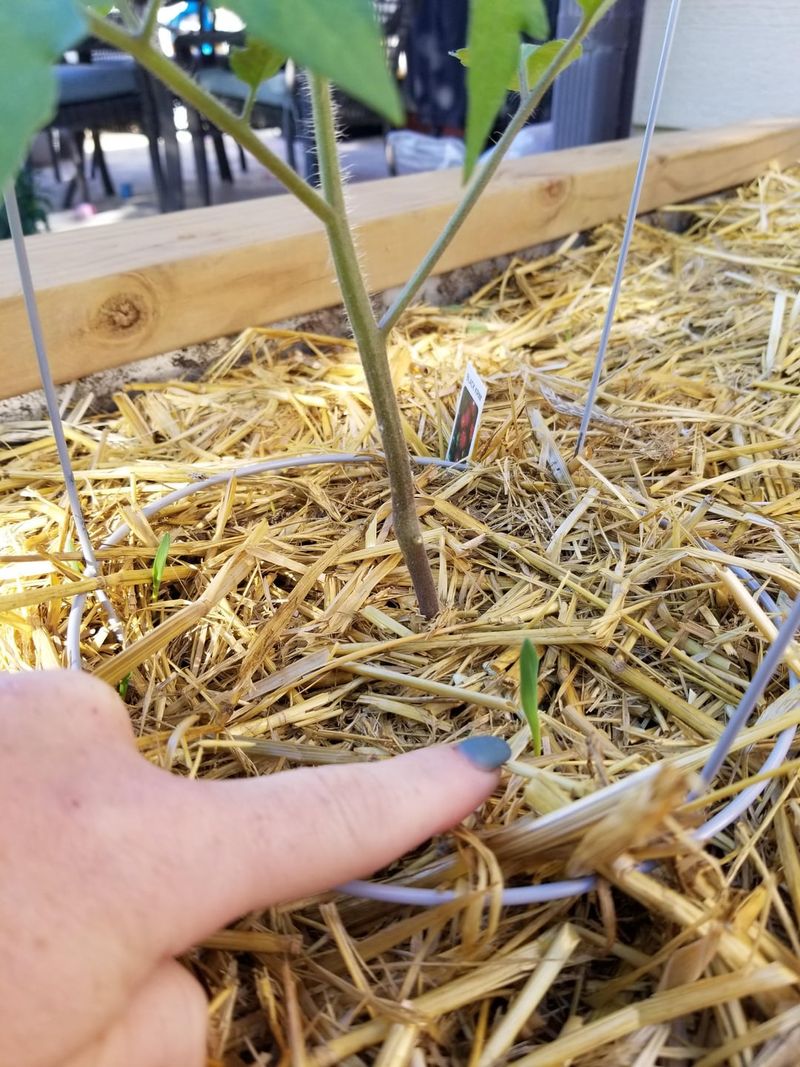
Mulching with straw or grass clippings is a cost-effective way to enhance your garden. It’s like giving your soil a protective shield.
These materials help retain moisture, suppress weeds, and improve soil temperature. I find it’s an easy and natural way to keep your soil healthy.
Plus, as they break down, they add organic matter back to the soil. It’s a win-win situation for your garden. Give it a try, and see how your garden benefits from this simple addition.
20. Using Synthetic Chemical Fertilizers
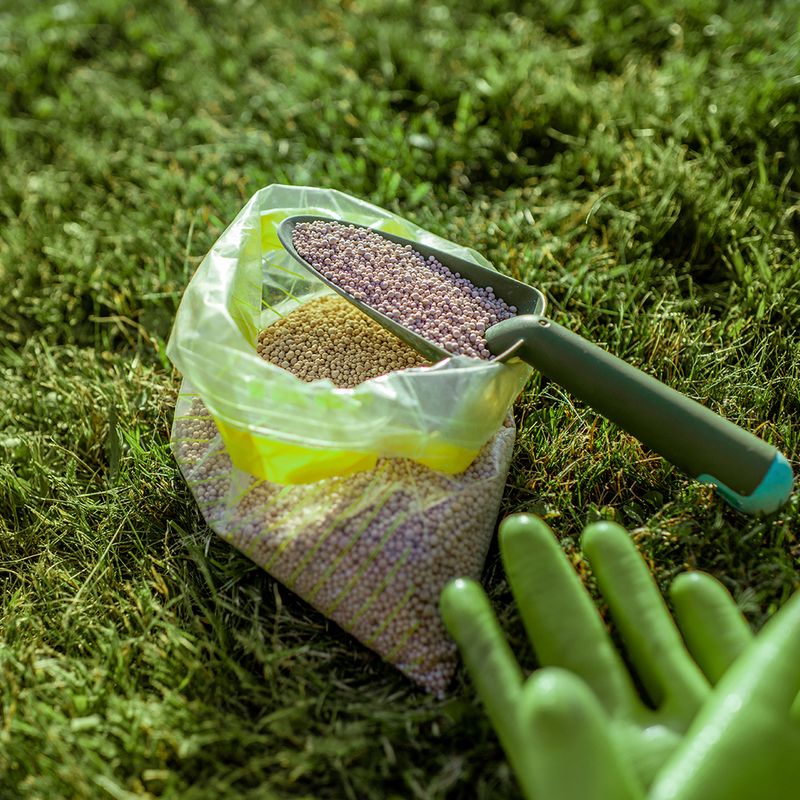
Synthetic fertilizers might seem like a quick fix, but they can do more harm than good. They’re like giving your garden a sugar rush, leading to dependency and nutrient imbalances.
Over time, they can degrade soil quality and harm beneficial organisms. I prefer natural alternatives that work in harmony with the soil.
Organic fertilizers provide a balanced nutrient supply without the risks. So, skip the chemicals, and opt for sustainable options. Your soil will thank you with long-term health and vitality.
21. Overwatering Your Garden
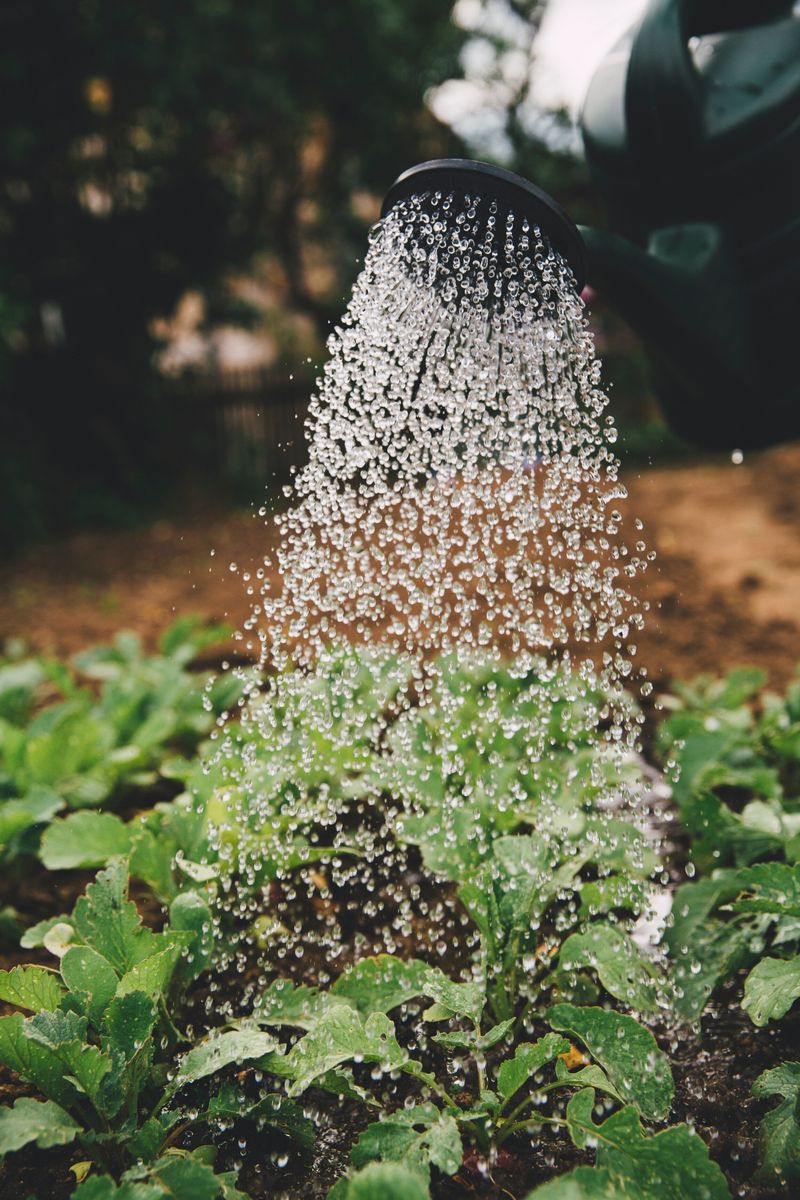
Overwatering is an easy trap to fall into, but it can drown your plants. It’s like giving them too much of a good thing. Excess water can lead to root rot, disease, and nutrient leaching.
I’ve learned that it’s important to understand your plants’ needs and adjust watering accordingly. Use a moisture meter or check the soil by hand to avoid overwatering.
Your plants need just the right amount of water to thrive. So, water wisely, and let your garden blossom with health.
22. Planting The Same Crops Year After Year
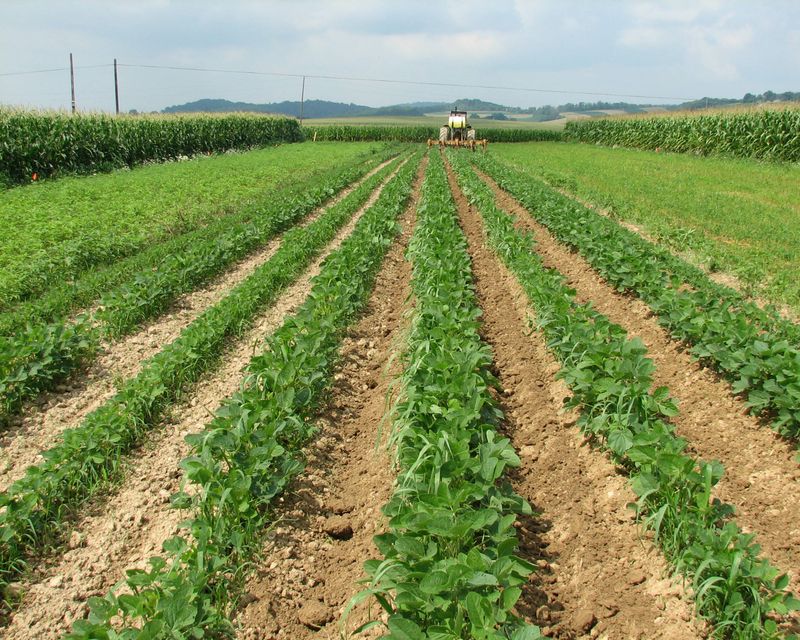
Planting the same crops every year is like wearing the same outfit daily. It leads to soil depletion and pest problems. Crop rotation is the solution, adding variety to your garden’s diet.
By changing what you plant each season, you maintain soil fertility and reduce disease risks. It’s an astonishingly simple practice that yields great results.
Plus, it keeps your garden interesting and productive. So, swap those crops around and give your soil a diverse and balanced diet. Your garden will flourish!
23. Ignoring The PH Levels Of Your Soil
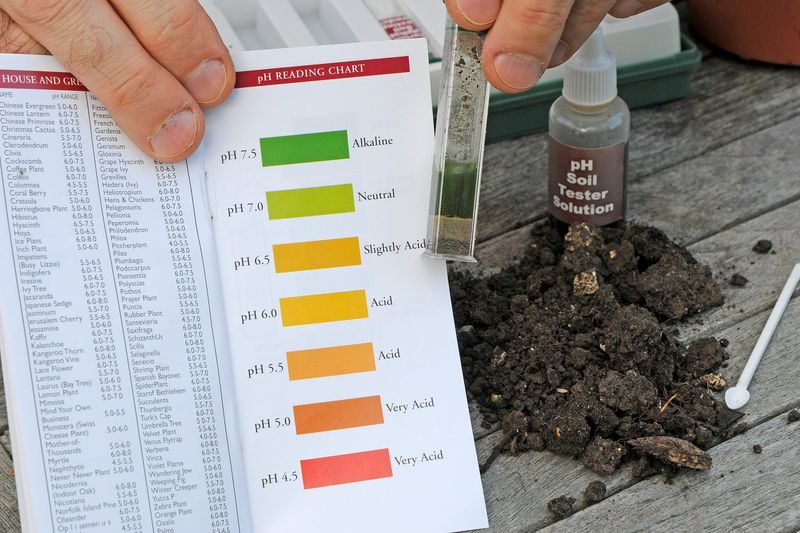
Ignoring soil pH is like ignoring your car’s fuel gauge. It’s crucial for plant health. Each plant has specific pH preferences, affecting nutrient availability.
I’ve learned that testing soil pH is easy and essential. By adjusting pH levels, you ensure your plants can access the nutrients they need.
It’s like fine-tuning your garden’s settings for optimal growth. So, grab a pH test kit, and get familiar with your soil’s needs. Your plants will thank you with growth and health.
24. Using Pesticides That Harm Beneficial Insects
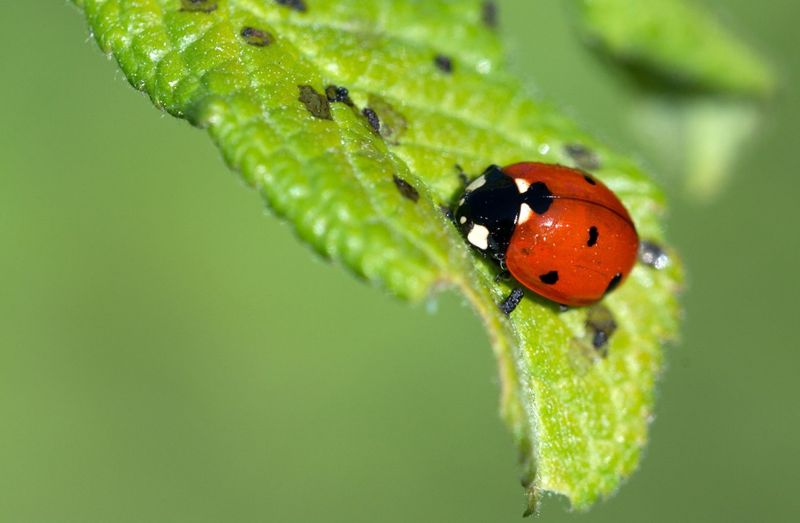
Pesticides can be a double-edged sword, harming the helpers in your garden. Beneficial insects, like bees and ladybugs, play crucial roles in pollination and pest control.
Using harmful chemicals can disrupt this balance. In my opinion, organic solutions are better, targeting pests while preserving helpful insects.
It’s like having a natural pest control team at work. Plus, it’s better for the environment and your garden’s health. So, choose wisely, and let beneficial insects thrive.
25. Compacting The Soil With Heavy Machinery
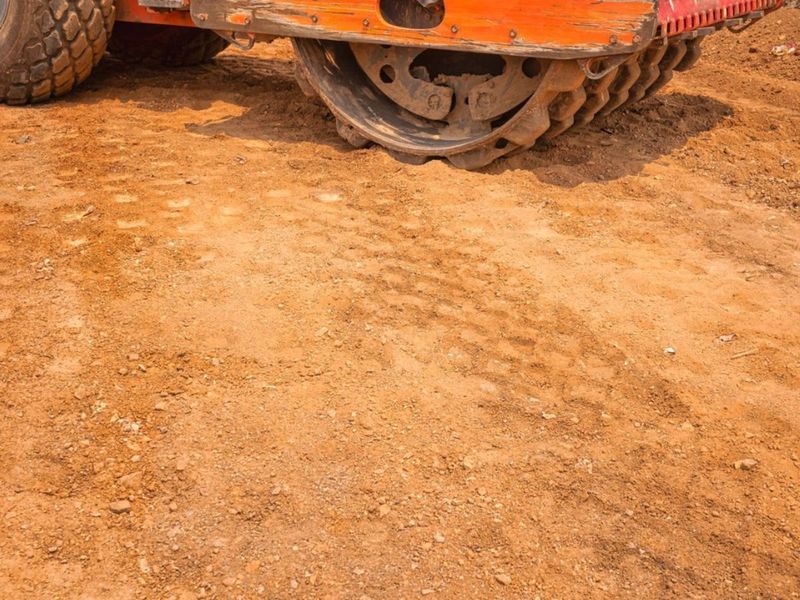
Compaction is a sneaky problem that can suffocate your soil. Heavy machinery might make gardening easier, but it can compress the earth, limiting root growth.
Use lightweight tools to avoid this issue. Keeping the soil loose allows air and water to reach plant roots, promoting healthy growth.
It’s like giving your garden room to breathe. So, tread lightly, avoid heavy machinery, and let your soil stay fluffy and productive. Your plants will grow stronger and healthier.
26. Allowing Soil Erosion Due To Bare Patches
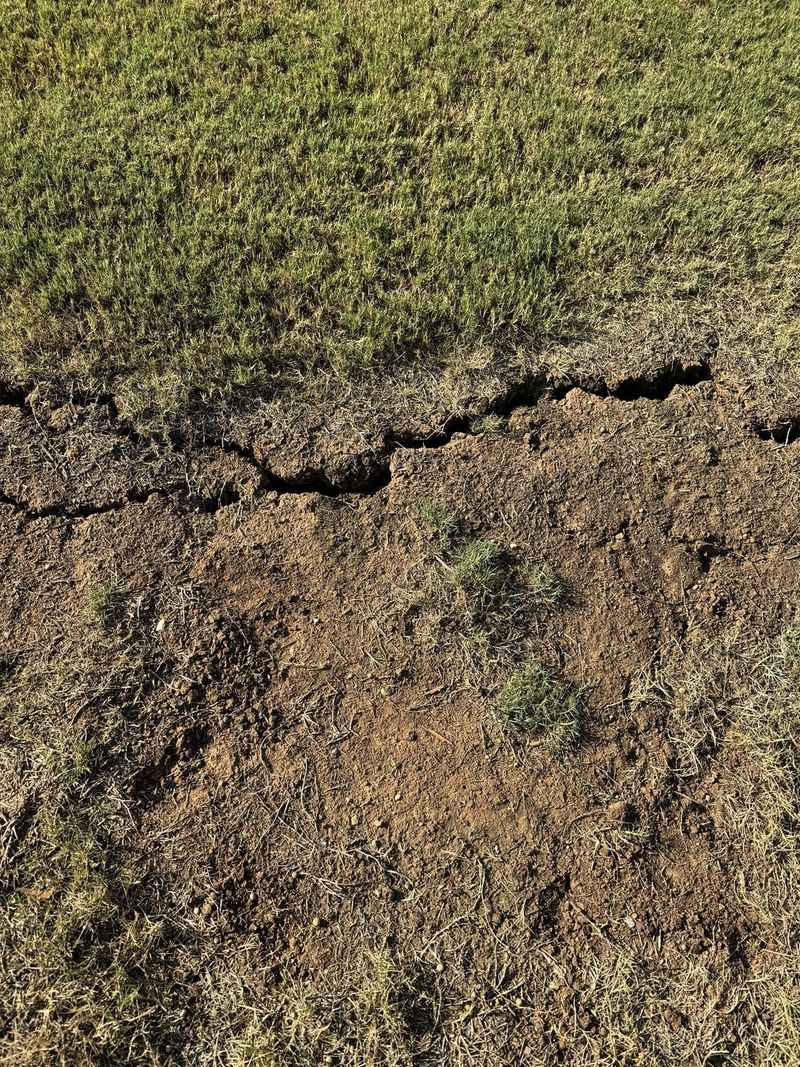
Bare patches are an open invitation to soil erosion. It’s like leaving your garden exposed to the elements. Planting ground cover is an effective way to protect the soil.
These plants hold the soil in place, reduce runoff, and add organic matter. I find it’s a simple solution with astonishing benefits.
Cover those bare spots, and give your soil the protection it needs. Your garden will be more resilient and healthy. So, patch those bare spots and secure your garden’s future.
27. Adding Too Much Manure, Which Can Burn Plants
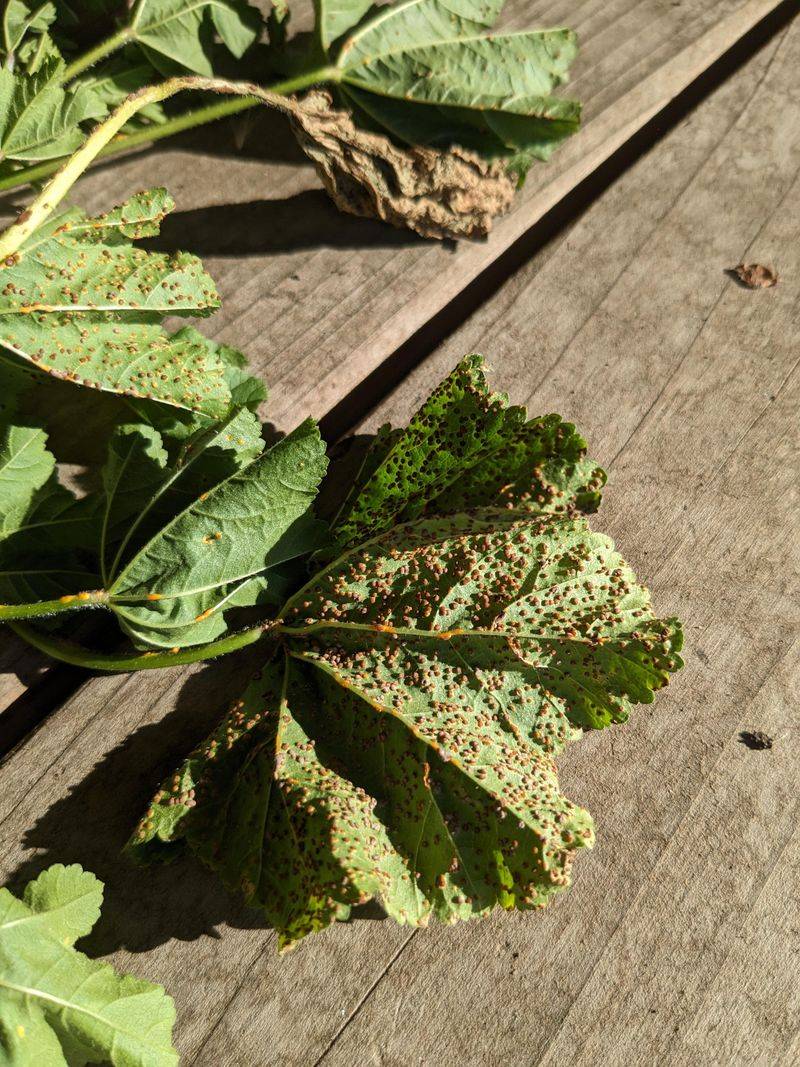
Too much of a good thing can be bad, and manure is no exception. Over-applying it can burn plants and upset the soil balance.
Measure carefully and let manure age before use. It’s like serving just the right portion for your garden. Well-aged manure enriches soil without overwhelming it.
So, apply with care, and let your plants enjoy the benefits without the risks. Your garden will thrive with the right amount of this natural fertilizer.
28. Ignoring The Need For Soil Aeration
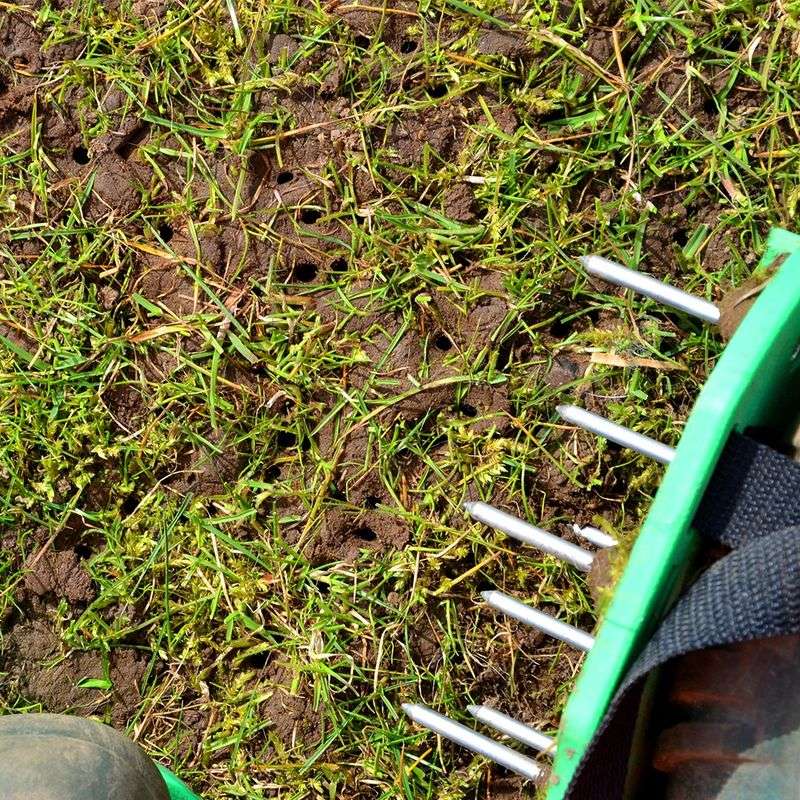
Neglecting aeration is like keeping a lid on your garden’s potential. Compact soil restricts airflow and root growth. Aerating with a fork or tool opens up the soil, allowing air, water, and nutrients to reach roots.
It’s an astonishingly simple task with great benefits. Regular aeration promotes healthy plant growth and improves soil structure.
So, don’t overlook this essential practice. Let your garden breathe, and enjoy the rewards of healthy plants. Keep your soil airy and productive.
29. Use Leaf Mold To Improve Soil Structure
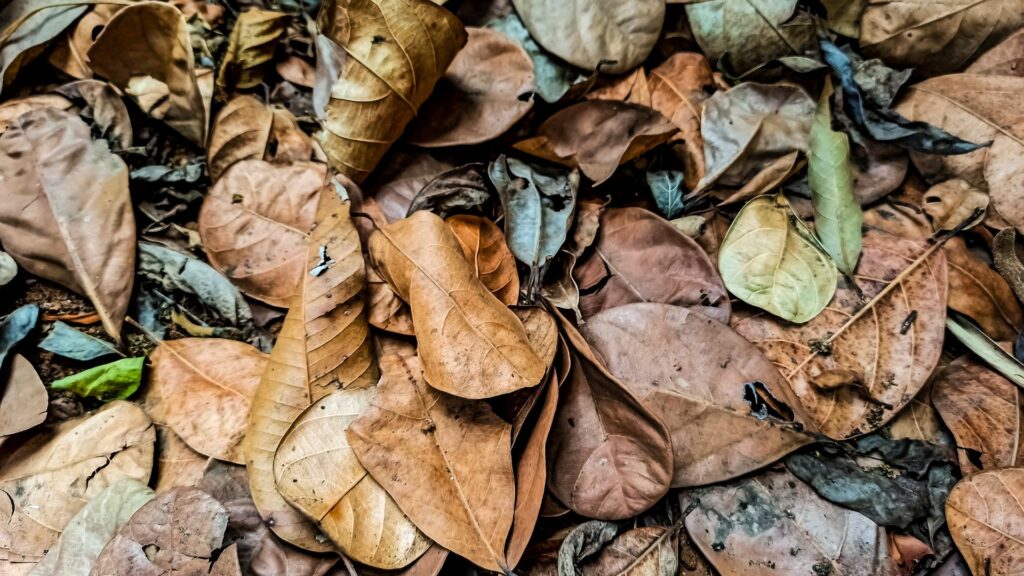
Leaf mold is one of those underrated garden secrets that quietly does wonders. Made by decomposing fallen leaves over time, it turns into a rich, crumbly material that greatly improves soil texture and moisture retention.
I like to tuck it around the base of plants or mix it into beds—it’s like giving your soil a fluffy pillow. Leaf mold doesn’t add tons of nutrients, but it works magic on soil structure, especially in clay or sandy soils.
Plus, it’s free and easy to make. Just gather autumn leaves in a pile or bin and let nature take its course. Your garden will love the result.
30. Collect Rainwater To Reduce Soil Compaction And Runoff
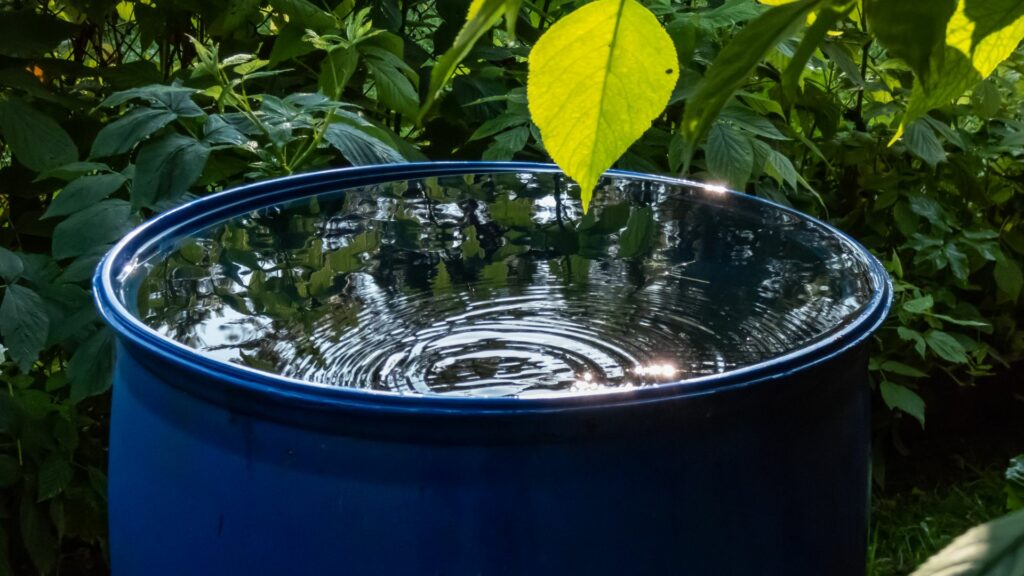
Rainwater isn’t just free—it’s better for your soil than treated tap water. Collecting it in barrels or tanks gives you a gentle, chemical-free watering option that helps maintain healthy microbial life in the soil.
I’ve noticed less runoff and better moisture levels when I switch to rainwater, especially in raised beds. It’s like watering with a soft touch instead of a firehose.
Even better, using rainwater helps prevent overwatering and erosion, especially during heavy downpours. Set up a simple rain barrel system and let nature provide—your garden soil will stay hydrated and balanced.

